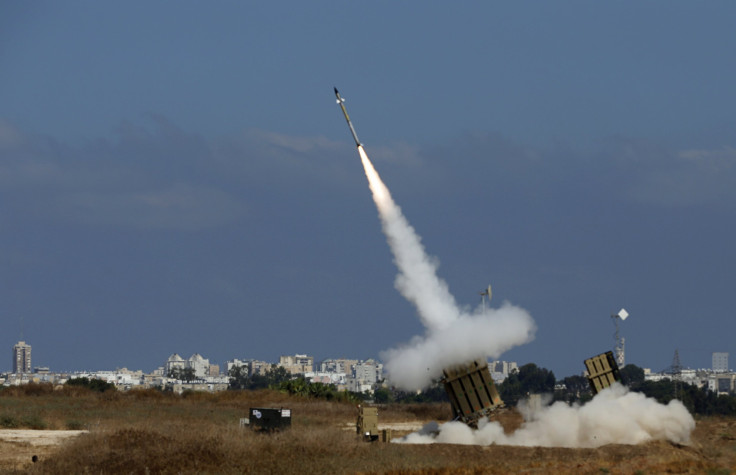US Politicians Push For More Israeli Missile Defense Funding Following Iran Ballistic Missile Tests

U.S. lawmakers across party lines are pushing to boost funding for Israel’s missile defense system beyond the amount proposed by President Barack Obama for next year’s military budget, Defense News reported Wednesday. Politicians cited a series of regional threats, including Iran’s missile program, as an impetus for stepping up defense support.
“Missile defense is crucially important, and coming out of the Iran deal, we want to make clear our commitment to their security has not wavered,” Rep. Adam Smith, D-Wash., the House Armed Services Committee's ranking member, said. “Any threats Israel faces from missiles from the south — from the Gaza Strip, Islamic Jihad Organization and Hamas — and from the north and Hezbollah, we want to put them in the position to have a very strong deterrent to that.”
The additional funding, on top of the nearly $150 million requested by Obama, would go toward various missile technologies, including the Iron Dome air defense system, a medium- and long-range defense system called David’s Sling and anti-ballistic missiles. The requested price tag of the aid boost was not mentioned, although it appeared to be in the hundreds of millions of dollars.
#Israel https://t.co/YeEEBA7tK0 US Lawmakers Again Seek To Boost Israeli Missile Defense Funding… https://t.co/waAgogU9Fi via #hng
— Hurshal (@Hurshal) April 14, 2016
New York Democratic Rep. Steve Israel raised concern over Iran’s ballistic missile program. Last month, following a nuclear deal that saw sanctions lifted against Tehran, the country's military launched two ballistic missiles, capable of reaching Israel, which had messages written in Hebrew, “Israel must be wiped off the Earth,” according to various media outlets. The reports could not be verified as Iran’s semiofficial news agency, ISNA, which was the first to report it, did not offer photographic evidence.
"One of the reasons I voted against it is it is silent on the issue of Iran’s ballistic missile capabilities," Israel said of the agreement with Iran, Defense News reported. "Iran is exploiting that silence by increasing its testing. That means we now have to increase our defensive technologies for Gulf Cooperation Council countries and others, which means in the long run we will have to increase our investment in Israel."
The U.S. spends billions of dollars in Israeli military aid. A 10-year agreement of about $3.1 billion a year in support is set to expire in 2017. Amid fears that Iran is strengthening its military following the nuclear deal, the U.S. has strengthened support for various allies concerned about Iran in the Middle East — including Saudi Arabia.
© Copyright IBTimes 2025. All rights reserved.






















